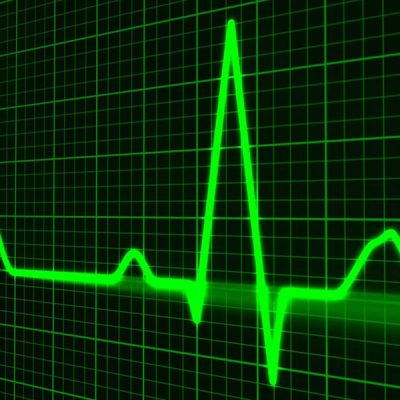
BEATing hunger with a nonsurgical intervention
BEATing hunger with a nonsurgical intervention
A novel, safe and minimally invasive treatment has been developed that may help people struggling to lose weight. Researchers designed the Bariatric Embolization of Arteries for the Treatment of Obesity (BEAT) trial to evaluate the use of bariatric arterial embolization (BAE) as a new treatment option for obesity. The technology itself was developed by interventional radiologists and works by using catheters and image guidance systems to decrease blood flow to certain parts of the stomach that produce a hormone called ghrelin. This hormone is known for being the body’s most powerful ‘hunger hormone’.
The study itself enrolled 7 severely obese participants that were already being cared for by a multidisciplinary team. The participants were monitored after treatment with BAE and it was found to be a safe and effective procedure, as no adverse events were reported and all patients experienced marked weight loss as well as much lower hunger levels. After 6 months the participants had lost an average of 13.3% of their original weight. The researchers are hoping to gain approval to test the treatment on a larger cohort of patients, so that the safety and efficacy of BAE can be fully assessed.




